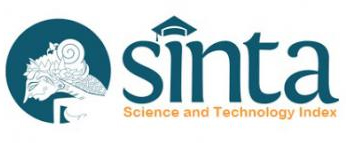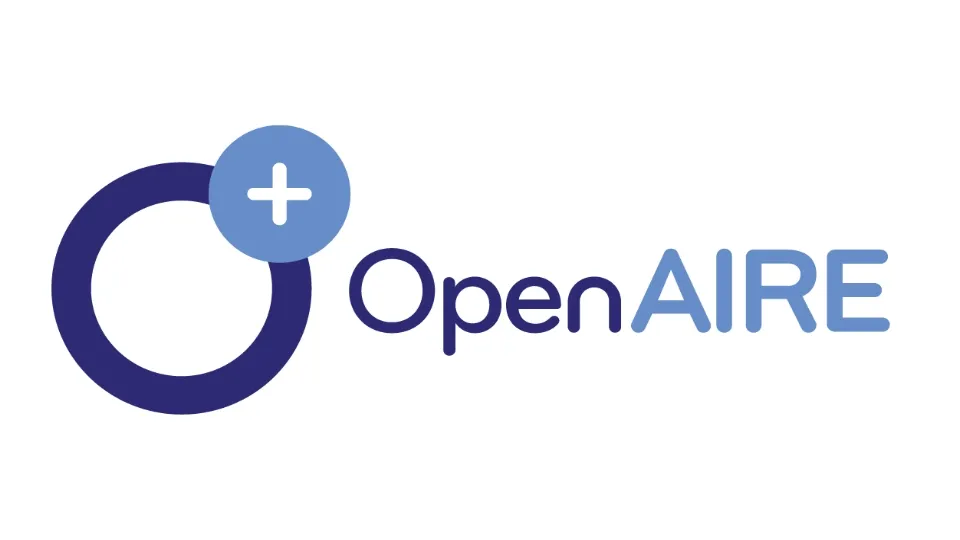Tipe Kepemimpinan Profetik Konsep dan Implementasinya dalam Kepemimpinan di Perpustakaan
DOI:
https://doi.org/10.21154/pustakaloka.v9i1.920Kata Kunci:
prophetic leadership, situational leadership, library leadershipAbstrak
The study of Ideal leadership concept currently still becomes an interesting topic. From Islamic perspective, the nature of human being who descended to earth is to be a leader. Furthermore, during the leadership history, Prophet Muhammad is named as an ideal leader due to his success of gaining many followers in the religious proselytizing. The leadership model that is conducted by the prophet is known as prophetic leadership. During his time of being a prophetic leader, he is also included in the situational leadership theory, in which the theory is the combination of authoritarian, laissez faire, and democratic leadership. This kind of leadership model is very suitable to be applied in anywhere. In this study, the writer explains about situational leadership that has been applied by Prophet Muhammad in a micro organization called library. This study is significance as an alternative leadership model that can be applied by the head of libraryUnduhan
Diterbitkan
Terbitan
Bagian
Lisensi
Requirements to be met by the author as follows:
- Author storing copyright and grant the journal right of first publication manuscripts simultaneously with licensed under the Creative Commons Attribution License that allows others to share the work with a statement of the work's authorship and initial publication in this journal.
Authors can enter into the preparation of additional contractual separately for non-exclusive distribution of a rich version of the journal issue (eg: post it to an institutional repository or publish it in a book), with the recognition of initial publication in this journal.
Authors are allowed and encouraged to post their work online (eg, in institutional repositories or on their website) prior to and during the submission process, because it can lead to productive exchanges, as well as citations earlier and more severe than published works. (see The Effect of Open Access).















